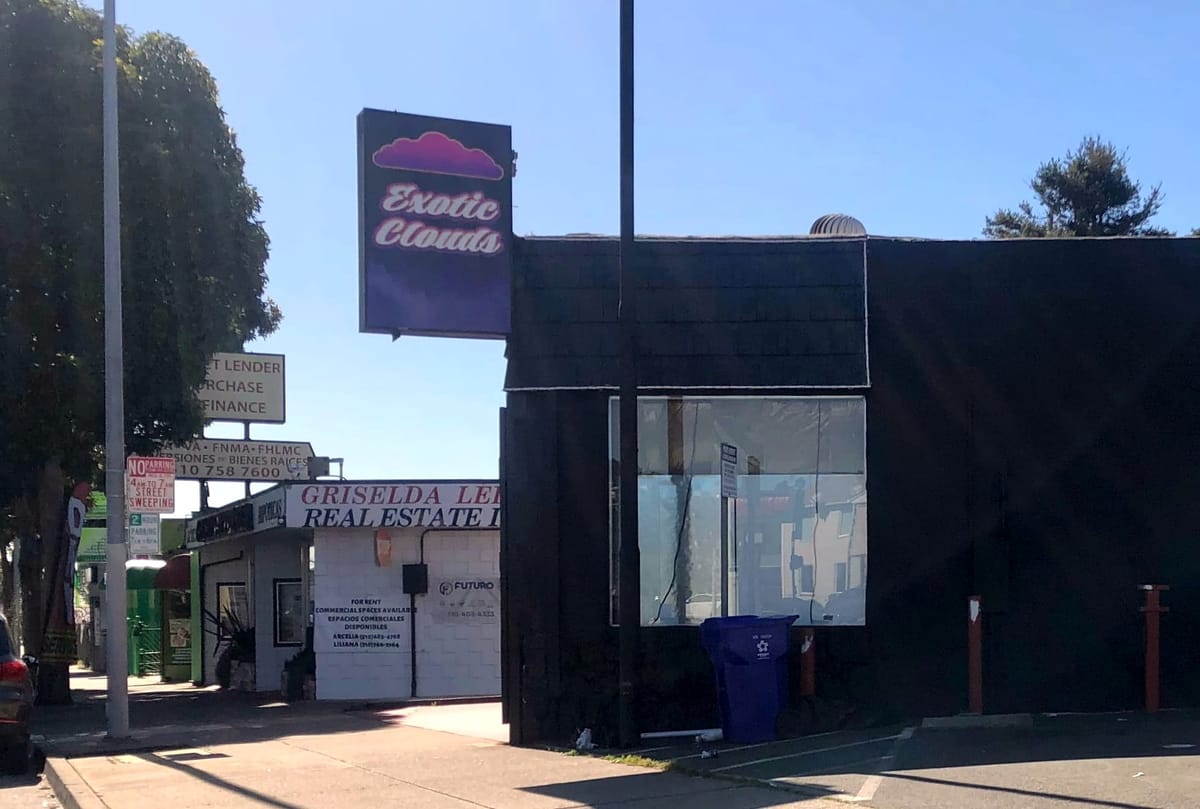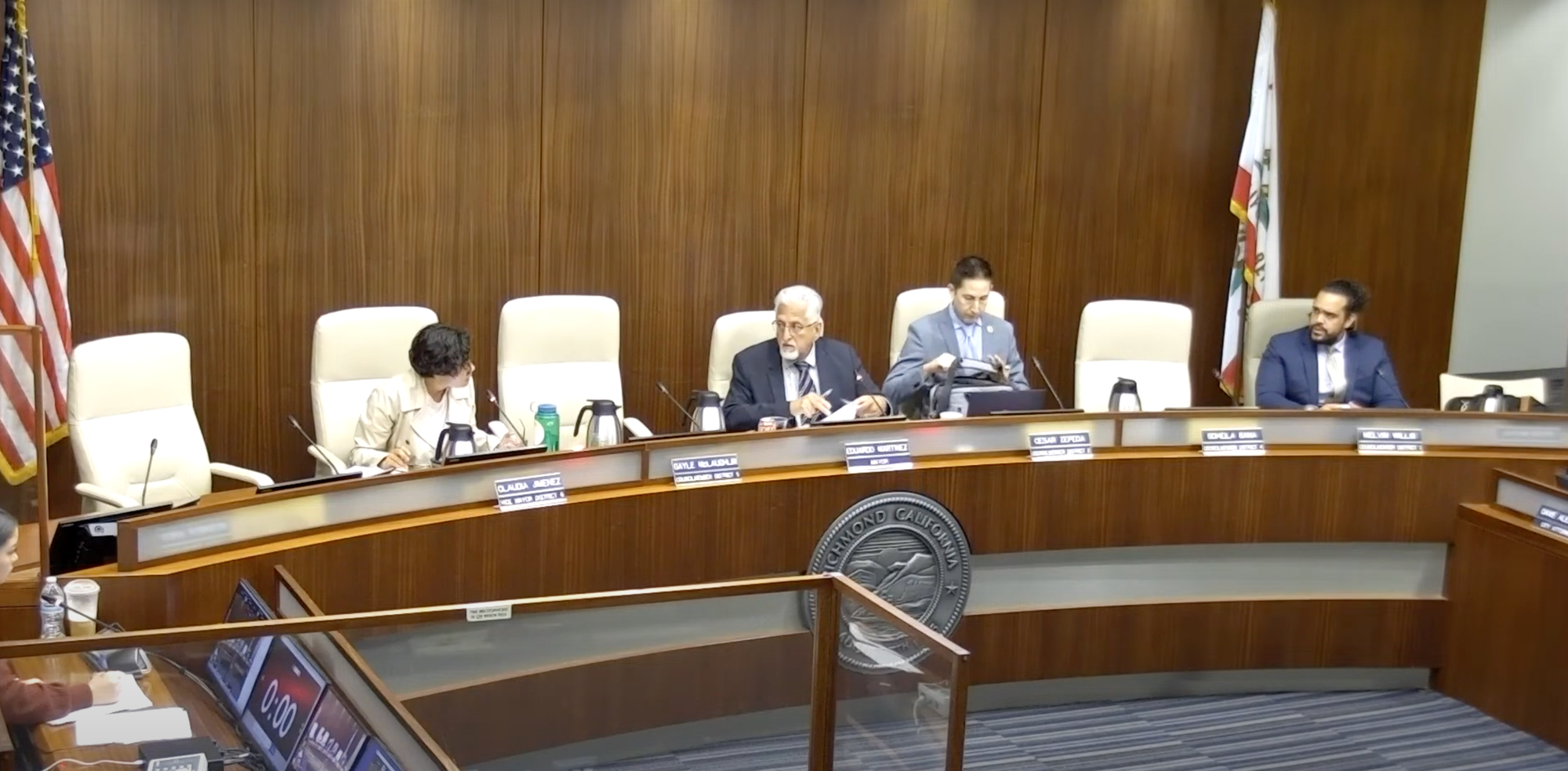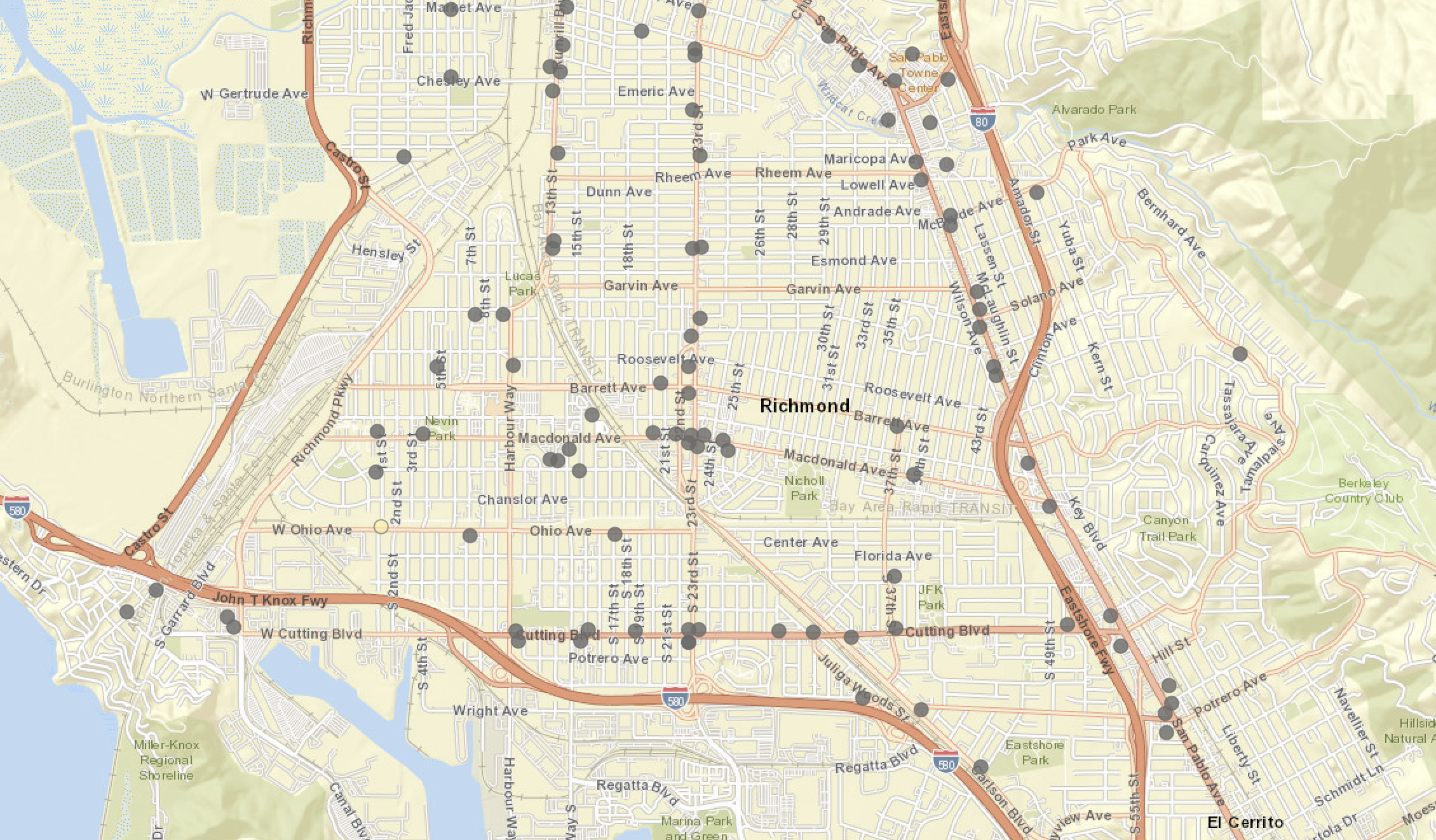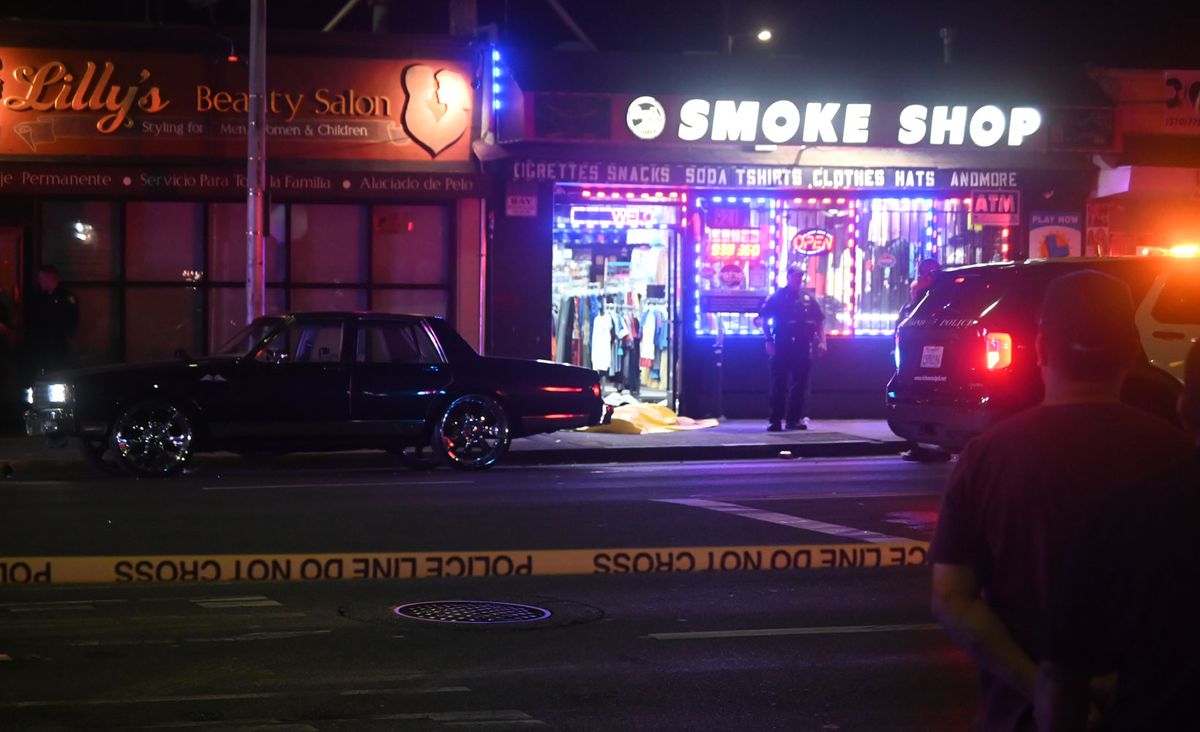

The Richmond City Council tried to pass a moratorium on tobacco retailers, but with only four councilmembers in attendance, they didn’t have the five votes required to pass an emergency ordinance at Tuesday’s council meeting.
Council members reported receiving numerous complaints about the number of smoke shops and tobacco retailers throughout Richmond. A city investigation showed some retailers were operating without the required tobacco retailer license or had other license violations.
To minimize the potential off-site impacts of new tobacco retailers, staff suggested a temporary moratorium while they conduct a thorough study and engage the public in creating a conditional use permit process specifically for tobacco retailers.
Councilmember Melvin Willis said as more complaints came in from citizens, friends, and social media, city staff started to look directly into what was going on with smoke shops.
“We need to put a halt on any future or new applications that may be pending and actually investigate what’s going on,” Willis said during the meeting. “And look at some of the safety concerns that have been raised by residents to make sure that we have more than just smoke shops on every other block in our community.”
However, with only Willis, Mayor Eduardo Martinez, Vice Mayor Claudia Jimenez, and Councilmember Cesar Zepeda in attendance, the council heard the item but did not take action.
“Doesn’t an urgency ordinance usually need a supermajority to adopt?” Willis asked. “We wouldn’t be able to adopt an urgency ordinance today because we don’t have five of us here.”

Community Development Planning Manager Hector Rojas said Richmond’s municipal code requires a tobacco retailer license for any business that sells tobacco products or paraphernalia in the city.
The current code does not require the planning commission’s approval of a conditional use permit or a public hearing before issuing a tobacco retail license, but it does include several restrictions.
“One of the key restrictions about tobacco retailers having to be located at least 500 feet away from other tobacco retailers and at least 1000 feet away from schools, playgrounds, parks, and libraries,” Rojas said.
The moratorium would only apply to new tobacco retailers; existing businesses with active licenses would be allowed to renew their licenses.
The Community Development Department would take several steps during the moratorium, including evaluating whether to regulate vaping products, which are not addressed by the current code.
Rojas said the department would also look at increasing penalties for code violations, reviewing licensing fees, and considering establishing a conditional use permit and public hearing process for future tobacco retailers.
“Having a CUP process would provide residents, neighborhood councils, merchant associations, and other stakeholders with an opportunity to review each potential license location and voice any of their concerns to the planning commission at a noticed public meeting,” Rojas said.
Cigarette and tobacco products licensees

The Community Development Department would return to the city council and request an extension of the moratorium for an additional ten months to allow the department to conduct community outreach regarding any proposed changes to the tobacco retail license ordinance.
During the public comment section, Amaya Wooding of the Contra Costa Tobacco Prevention Coalition said the urgency ordinance is an important acknowledgment that the proliferation of tobacco retailers is a problem.
“There are policy options used by other cities that you might consider moving forward,” Wooding said. “One option is to limit the number of licenses that can be issued.”
Mayra Lopez, the Contra Costa County Health Services program manager of the Tobacco Prevention Project, said communities can decrease the availability of tobacco by limiting the total number of retailers.
“Setting a cap on the number of existing licensed results based on population can be one way to gradually decrease the numbers based on non renewal of licenses through attrition,” Lopez said.
Community member Leisa Johnson said the council needs to get some of their priorities straight on what they’re funding and where the employees are being staffed.
“When there’s no enforcement of the rules it is creating chaos in the city and a crisis for protecting the public and our youth,” Johnson said. “The reason this is on the agenda tonight is because members of the public, including the 23rd Street merchants and others, met with city staff and RPD on more than one occasion to express their concerns.”
 Grandview IndependentSoren Hemmila
Grandview IndependentSoren Hemmila
In an email to residents, Mayor Eduardo Martinez said Richmond had the potential to become the East Bay’s smokeshop capital.
“We already have 78 licensed tobacco retailers here, which means there are over two places to buy tobacco per square mile in Richmond— and those are just the retailers operating with a license,” Martinez wrote.
Martinez acknowledged violent crime and illegal activity occurring in and close to some tobacco retailers but didn’t think more police were the answer.
“Some people have suggested this means we need even more police in Richmond. But, as I keep saying, we cannot (and should not) place a cop on every corner and cross our fingers that they catch people in the act. We need public safety methods that focus on prevention,” Martinez wrote.
Help keep our content free for all!
Click to become a Grandview Supporter here. Grandview is an independent, journalist-run publication exclusively covering Richmond, CA. Copyright © 2024 Grandview Independent, all rights reserved.
